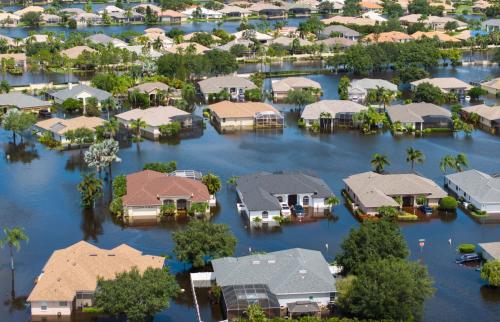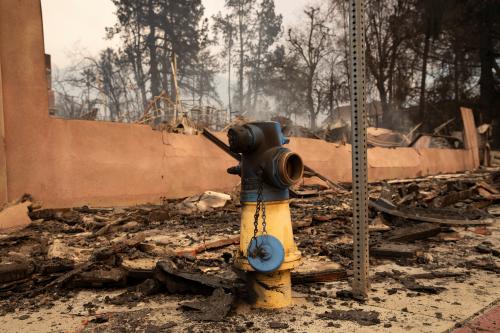

2:00 pm EDT - 5:30 pm EDT
Past Event
2:00 pm - 5:30 pm EDT
1775 Massachusetts Ave., NW
Washington, DC
Cuba sits at the convergence of the Atlantic Ocean, Caribbean Sea and Gulf of Mexico. Its coastal waters are dense with islets, keys and reefs that provide critical habitats and spawning grounds for a rich array of fish, endangered sea turtles, manatees and other marine life. Preserving Cuba’s biodiversity is critically important to the natural resources and economies of coastal communities in the United States and other neighboring countries.
Active scientific and management cooperation is needed to address the growing threats to Cuba’s biodiversity including coral reefs, migratory bird habitats, marine mammals and turtles, and biodiversity shared throughout the region. Greater communication and collaboration among scientists, conservation professionals and government agencies could benefit both the United States and Cuba, as well as the shared ecosystems that link both nations.
On April 28, the Brookings Institution and the Environmental Defense Fund hosted a discussion on U.S.-Cuba relations on marine and coastal resources conservation. Steve Hamburg, chief scientist for the Environmental Defense Fund, offered introductory remarks. Brookings Visiting Fellow Vicki Huddleston, former head of the U.S. Interests Section in Havana, gave the keynote address. Scott Edwards of the Environmental Defense Fund moderated a discussion featuring a panel of experts. After the program, the panelists took audience questions.

Elaine Kamarck
July 2, 2025

David Wessel
June 17, 2025

Gregory Pierce, Joseph W. Kane, Robert Puentes
May 7, 2025